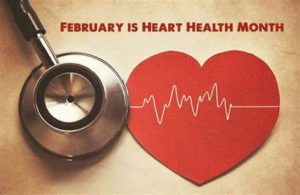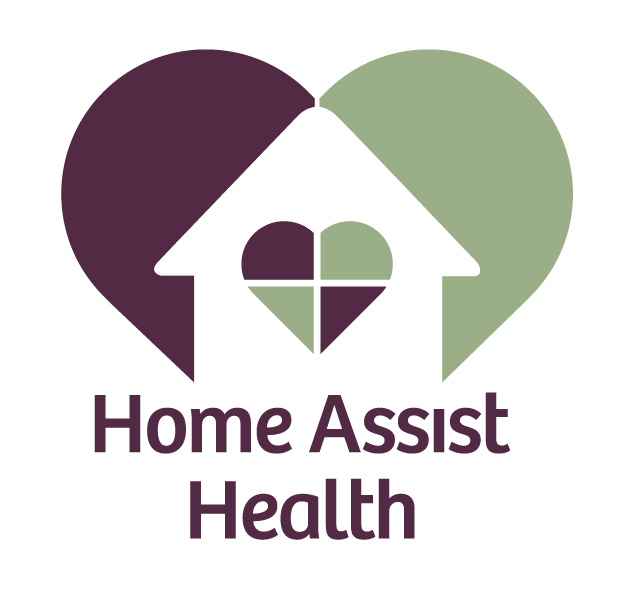 Heart disease is the leading cause of death in the United States, but there’s a lot you can do to prevent it. Taking time to care for your heart can be challenging as you go about daily life. But it’s easier than you think to show your heart the love it deserves each day. Small acts of self-care, like taking walks, getting quality sleep, and cooking healthy meals, help your heart. Research shows that self-care can help you keep your blood pressure in a healthy range and reduce your risk of heart disease and stroke.
Heart disease is the leading cause of death in the United States, but there’s a lot you can do to prevent it. Taking time to care for your heart can be challenging as you go about daily life. But it’s easier than you think to show your heart the love it deserves each day. Small acts of self-care, like taking walks, getting quality sleep, and cooking healthy meals, help your heart. Research shows that self-care can help you keep your blood pressure in a healthy range and reduce your risk of heart disease and stroke.
Are you at risk?
Anyone, including children, can develop heart disease. It occurs when a substance called plaque builds up in your arteries. When this happens, your arteries can narrow over time, reducing blood flow to the heart. Smoking, eating an unhealthy diet, and not getting enough exercise all increase your risk for having heart disease. Having high cholesterol, high blood pressure, or diabetes also can increase your risk for heart disease. Ask your doctor about preventing or treating these medical conditions.
What parts of your self-care routine help your heart?
Self-care for your heart is really self-care for your whole self. You can improve and protect your health overall when you:
- Get a daily dose of physical activity, such as a brisk, 30-minute walk.
- Cook meals that are low in sodium and unhealthy fats.
- Take your medications as prescribed and keep your medical appointments.
- Sleep 7-8 hours a night.
- Manage stress through, for example, meditation, yoga, a warm bath, or quiet time with a good book or funny movie.
- Try to reach or stay at a healthy weight by moving more and having snacks like fruits and veggies ready to grab when hunger hits
How can you make self-care for your heart easier?
The trick is to plan ahead. Build heart-healthy activities into your daily self-care routine. Schedule things that are both good for you and important to you. You might want to set aside time to:
- Cook delicious, heart-healthy recipes. Choose some from the National Heart, Lung, and Blood Institute’s delicious heart-healthy eating website.
- Go for a bike ride, take an online exercise class, or have a family dance party.
- Make that doctor’s appointment you’ve been putting off. Many providers now offer telehealth appointments to make accessing care easier.
- Organize your medications
Although we’ve learned a lot about how the heart works, there are still many unanswered questions about heart health and the cardiovascular system. As far as we know, the best way to protect your heart is to stay active, eat a healthy and balanced diet, and reduce your daily stress. To celebrate American Heart Month, take some time to learn about heart health risks.
